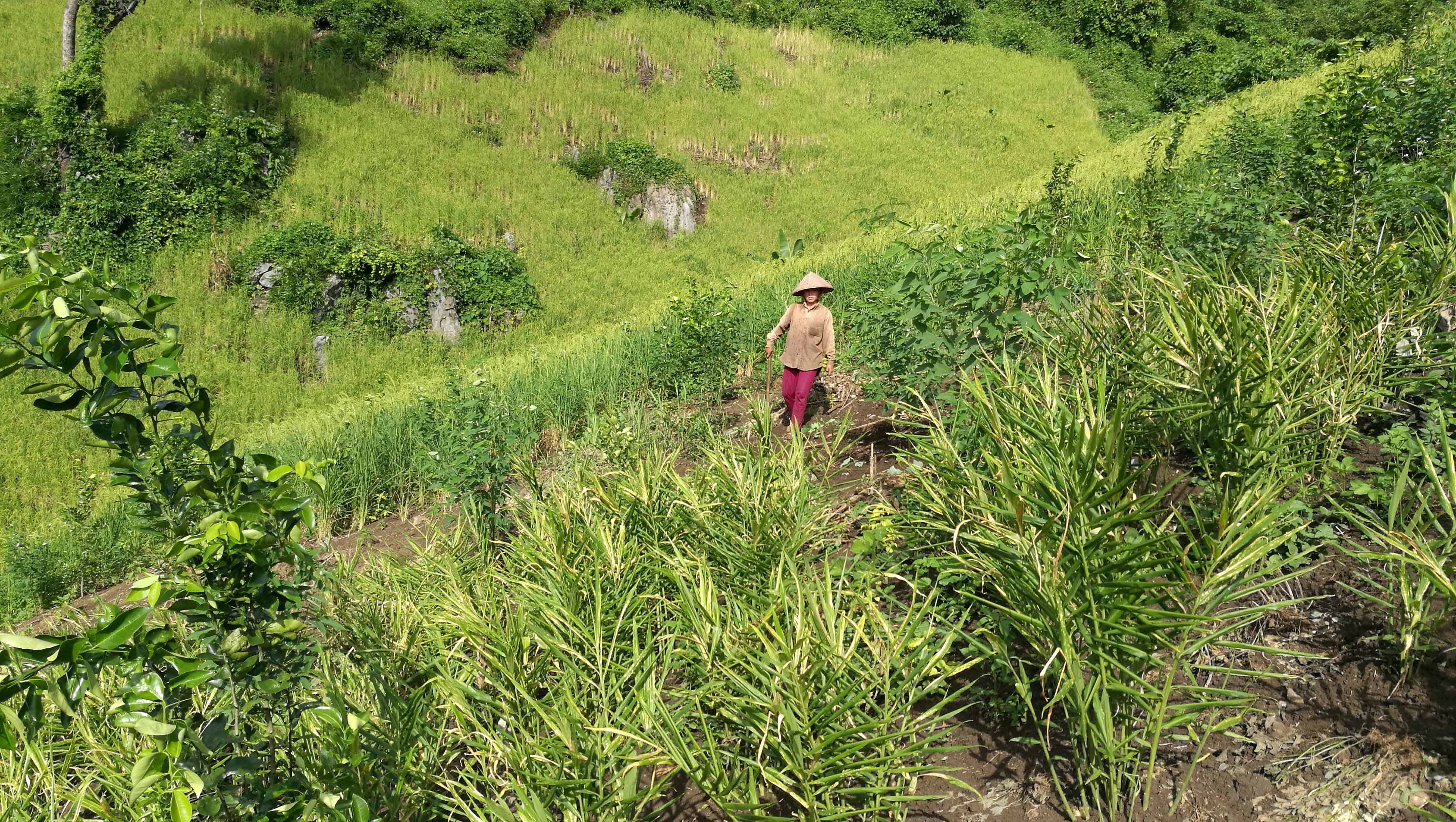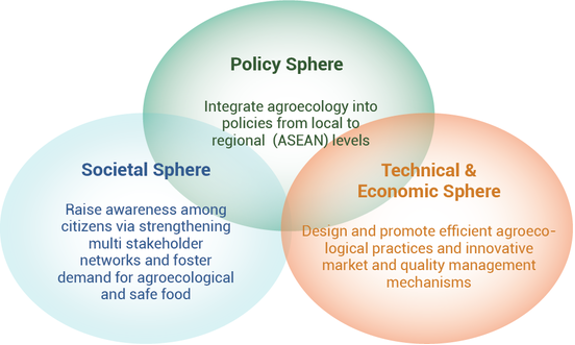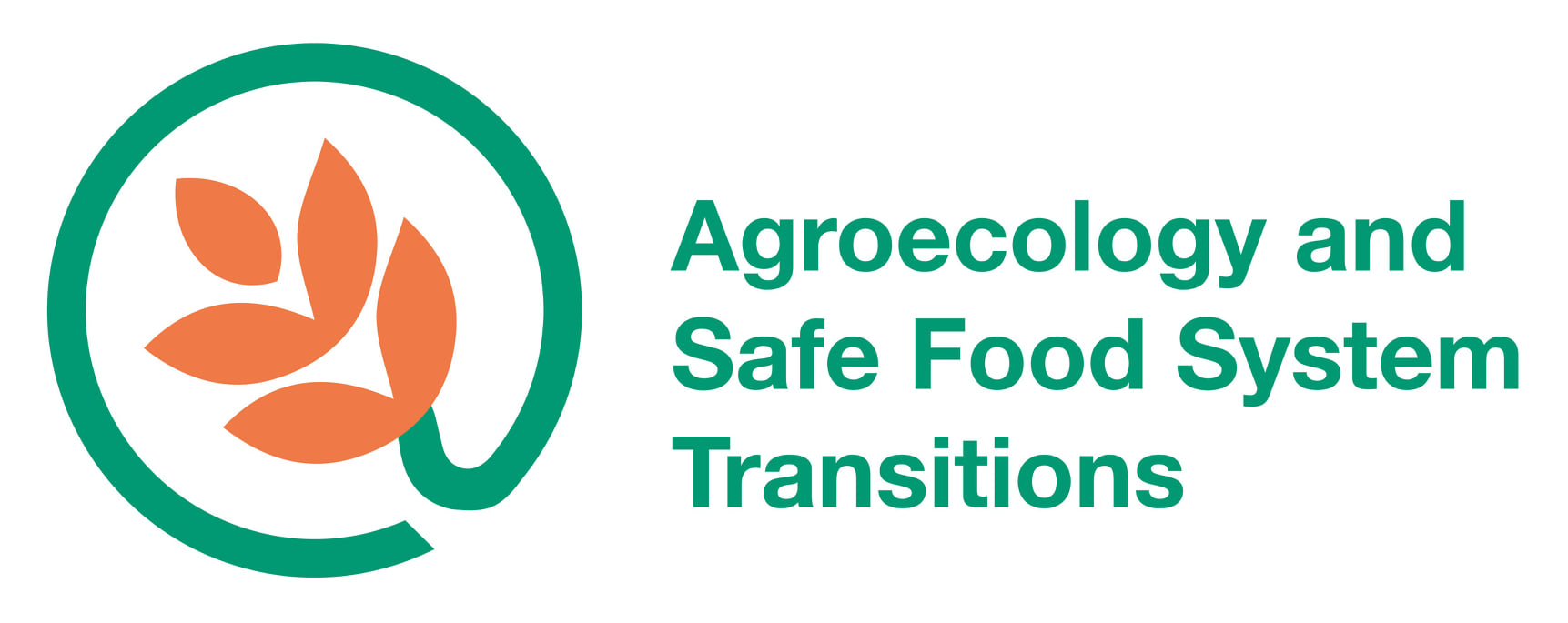ASSET

ASSET
ASSET - Agroecology and Safe food System Transitions
Résumé
Le projet ASSET vise une transition vers des systèmes alimentaires et agricoles durables en explorant le potentiel de l’agroécologie en Asie du Sud-Est. Cet objectif sera atteint grâce au renforcement et à la mise en synergie des initiatives contribuant aux transitions agro écologiques et sûres des systèmes alimentaires (ASSET) du niveau local au niveau régional.
L’équipe SENS contribue plus spécifiquement aux deux composantes suivantes du projet :
- Methological framework for assessing performances and impacts of innovations and transitions
- Evidence-based policy and dialogue advocacy
Abstract
The overall objective of the ASSET project is to transform food and agricultural systems in Southeast Asia into more sustainable, safer and inclusive systems by harnessing the potential of agroecology. This will be achieved through strengthening and synergizing initiatives contributing to Agroecological and Safe food System Transitions (ASSET) from local to regional levels.
The Agroecology and Safe food System Transitions (ASSET) project is a regional project funded by the Agence Française de Développement (AFD), the European Union (EU), and the Fonds Français pour l’Environnement Mondial (FFEM) over five years from 2020 to 2025 in four targeted countries: Cambodia, Laos PDR, Myanmar, and Vietnam. The project aims at developing and promoting a shared vision of the agroecological and safe food system transitions at South East Asian level. The project is coordinated by GRET in a strong articulation with CIRAD, in charge of the scientific coordination, the project will mobilize the expertise of 27 national, European and International partners, from research institutions, universities, NGOs, UN agencies, Ministries of Agriculture of the four countries. The project acts within the three overlapping spheres of influence, namely the societal sphere (citizen awareness and possible demands for safe agro-ecological products), the policy sphere (enabling environment at local, national and regional levels), and the technical and economic spheres (agroecological and safe food system innovations at territorial level in flagship sites).

It engages with governments, civil society and the private sector (including small producers) to generate and transform knowledge into sustainable innovation processes and transformative policies, sensitive to youth and gender equality.

Responsable du projet (au sein de SENS)
Jean-Christophe Castella
Equipe mobilisée au sein de SENS
- Alexia Dayet
Dates début et fin des travaux
Jan 2021 — Dec 2025
Terrains
Cambodge, Laos, Vietnam
Partenaires
- Gret
